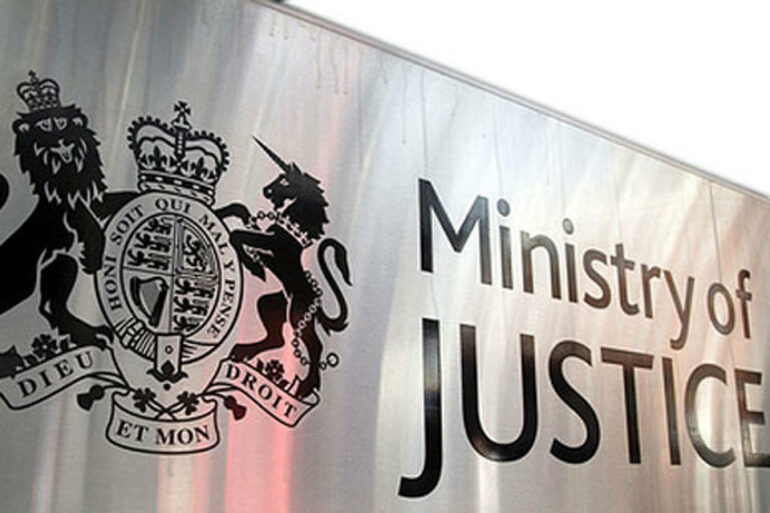Mortgage possession orders increased 103% in Q3 2022 compared to the same quarter in 2021, Ministry of Justice figures show.
The number of possession granted increased from 1,229 to 2,491 while the number of mortgage possession claims increased from 2,832 to 3,680 (30%).
In addition possession warrants the number of warrants issued increased from 947 to 2,437 (157%) and repossessions by county court bailiffs also surged from 390 to 744 (91%).
But these figures are between 50% to 60% of pre-covid baselines.
The pattern is repeated for landlord possession actions. When compared to the same quarter in 2021, landlord possession claims increased from 10,202 to 21,012 (106%), orders from 5,601 to 15,352 (174%), warrants from 4,552 to 8,505 (87%) and repossessions from 4,891 to 5,403 (10%)
Increases in possession claims have been recorded in all regions. Landlord claims remained concentrated in London (with nine of the highest 10 claim rates).
The median average time from claim to mortgage repossession has decreased to 60.1 weeks, down from 114.7 weeks in the same period in 2021.
For landlord repossessions the median average time from claim decreased to 22.3 weeks, down from 68.6 weeks in 2021.
Karen Noye, mortgage expert at Quilter, said: “Mortgage possession actions i.e., the process of a lender repossessing someone’s home due to missed payments has started to increase at a significant rate although levels still remain below pre-covid levels.
“Compared to the same quarter in 2021, mortgage possession claims increased from 2,832 to 3,680 (30%), orders from 1,229 to 2,491 (103%), warrants from 947 to 2,437 (157%) and repossessions by county court bailiffs increased from 390 to 744 (91%).
“A claim, order, warrant and repossessions by country court bailiffs are all steps in the process which concludes with a home being repossessed.
“In the face of the pandemic, the FCA put a stop to all repossession proceedings from March to September 2020 during which time no repossessions took place. After that the FCA advised mortgage lenders not to commence or continue possession proceedings until April 2021 (unless there were special circumstances).
“As a result, there were only 10 repossessions from April 2020 to March 2021 (Q2 2020 to Q1 2021), and 744 in July to September 2022, up 91% compared to the same quarter in 2021.
“Repossessions spiked after the financial crisis but since then due to lenders taking a more proactive approach to helping struggling borrowers and also low interest rates the levels of repossessions have dramatically decreased.
“However, in the face of the cost-of-living crisis sadly the numbers of repossessions is starting to climb again. Historically, periods of high interest rates has coincided with an uptick in the number of repossessions due to people’s monthly payments increasing to levels they can no longer pay.
“With high energy and food prices some people will start to struggle to heat their homes, eat and service their mortgage and this will lead to repossession.



